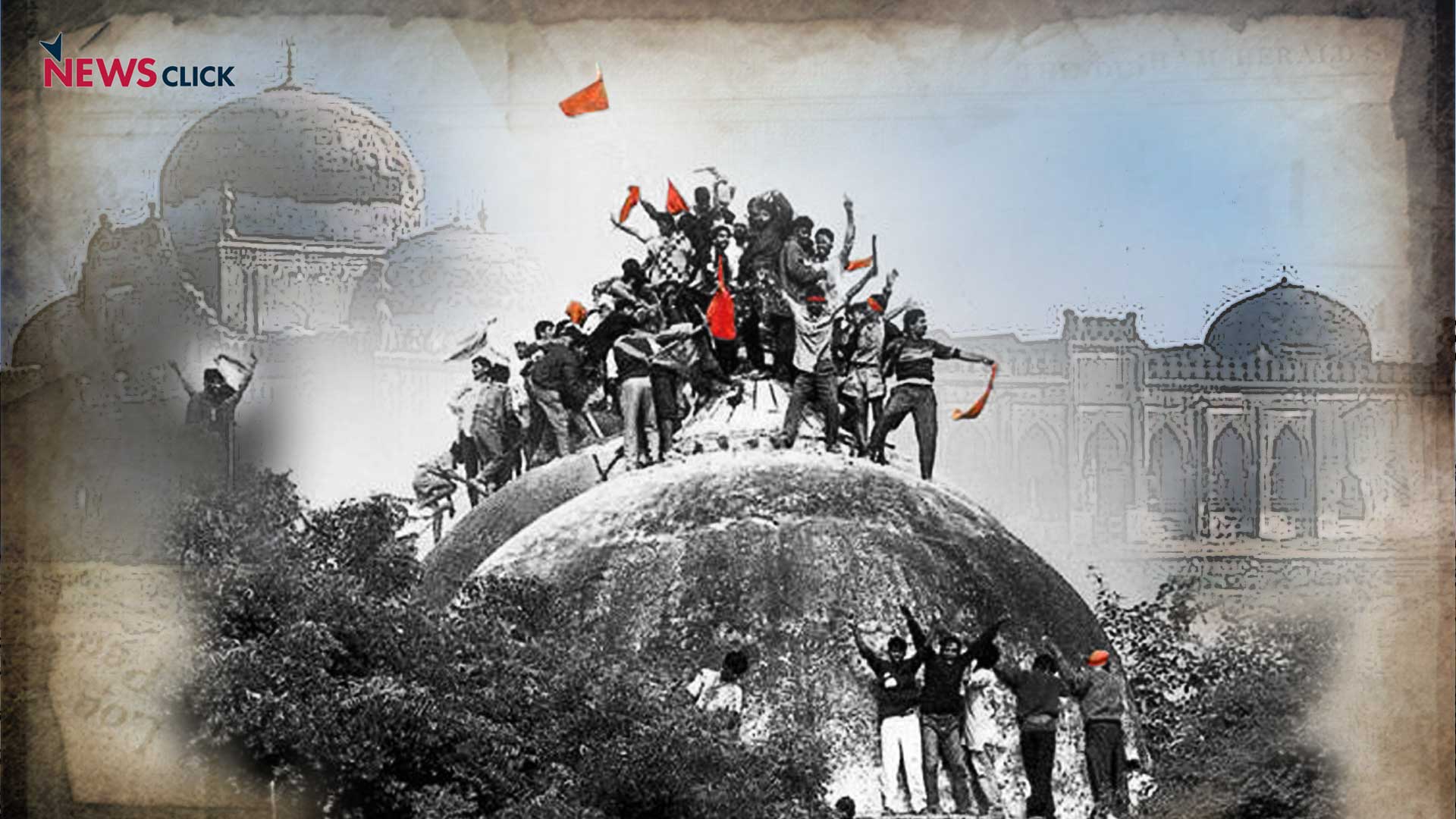A bench comprising Chief Justice Dipak Misra, Justice Ashok Bhushan and Justice S Abdul Nazeer delivered their verdict on Thursday, refusing to transfer to a larger bench the issue of reconsidering the 1994 decision in Dr. M. Ismail Faruqui and Ors. Vs. Union of India and Ors. The appellants in the present case had sought for reviewing certain portions of the Ismail Faruqi decision which referred to a mosque as essential to praying practices under Islam. They alleged that the impugned portions of the Ismail Faruqui decision had a negative bearing on their civil suits in the Allahabad High Court regarding the Ram Janmabhoomi– Babri Masjid dispute.
Ismail Faruqui had determined that the State’s acquisition of the disputed property in Ayodhya through the Acquisition of Certain Area at Ayodhya Act, 1993 was constitutional after striking down section 4(3) of the Act. Section 4(3) stipulated that all suits and disputes regarding title over the property would abate. However, the Court, while dealing with the main thrust of the petition, had done so while attempting to determine the essential practices of Islam.
Justice Bhushan authored the majority judgement for himself and the Chief Justice. The majority judgement dismissed the appeal while leaving scope for the issues to be raised in the civil appeals that the petitioners were filing against the Allahabad High Court’s decision. The crux of the appellants’ arguments against the portions of Ismail Faruqui was on the Court’s interpretation of the doctrine of essential practices.
In Ismail Faruqui, the Court had said that a mosque does not constitute an essential part of practising Islam and that namaz can be offered anywhere. The majority decision in the present case, however, relied on reading this portion with the next which said that the mosque’s acquisition by the Government of India does not violate the Constitution. Thus, the majority (2:1) held that the question was never about essential practices but rather about the government’s acquisition of the disputed site. The majority decision also observed that in Ismail Faruqui the Court had made an exception to the State’s right to even acquire property deemed religious sites. The exception was based on whether the site has a particular significance to the religion in question. An example of this would be the Ka’ba, since one cannot perform Haj anywhere else.
Justice Nazeer dissented with the majority decision solely on the issues of essential practices and reference to a larger Bench. He concurred with the majority decision on all other counts. He framed four issues that in his opinion should be dealt with by a larger Bench.
“a) Whether in the light of Shirur Mutt and other aforementioned cases, an essential practice can be decided without a detailed examination of the beliefs, tenets and practice of the faith in question?
(b) Whether the test for determining the essential practice is both essentiality and integrality?
(c) Does Article 25, only protect belief and practices of particular significance of a faith or all practices regarded by the faith as essential?
(d) Do Articles 15, 25 and 26 (read with Article 14) allow the comparative significance of faiths to be undertaken?”
The respondents challenged the stand of the petitioners on the basis of Res Judicata. Res Judicata is invoked to prevent continued litigation in a matter on which the final decision has already been pronounced. The respondents claimed that the decision in Ismail Faruqi had also decided the matters in the civil suits pending in the Allahabad High Court. The entire Bench disagreed with this contention, thus allowing the suits to continue in appeal. On a similar note, the majority decision left the questions raised by the appellants regarding Ismail Faruqui to be taken up in the appeals against the Allahabad High Court’s decision.
The appellants urged the Court to refer the matter as it involved a question of constitutional interpretation. This contention was dismissed by the majority decision, however, the other appeals have been listed for hearing during the week commencing on October 29.





